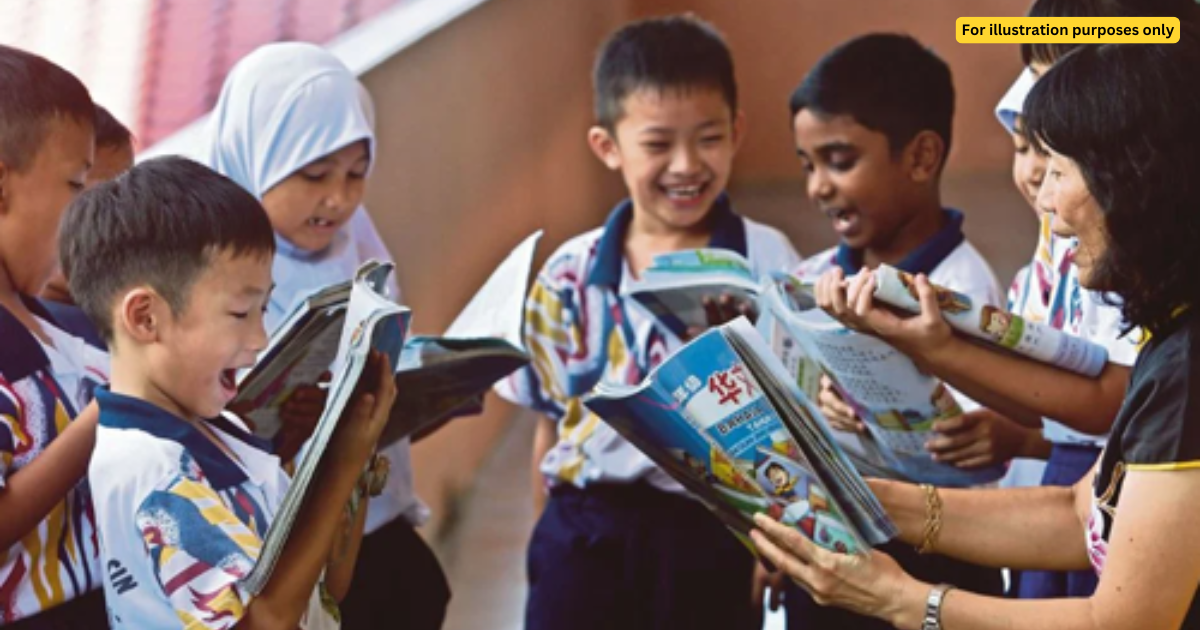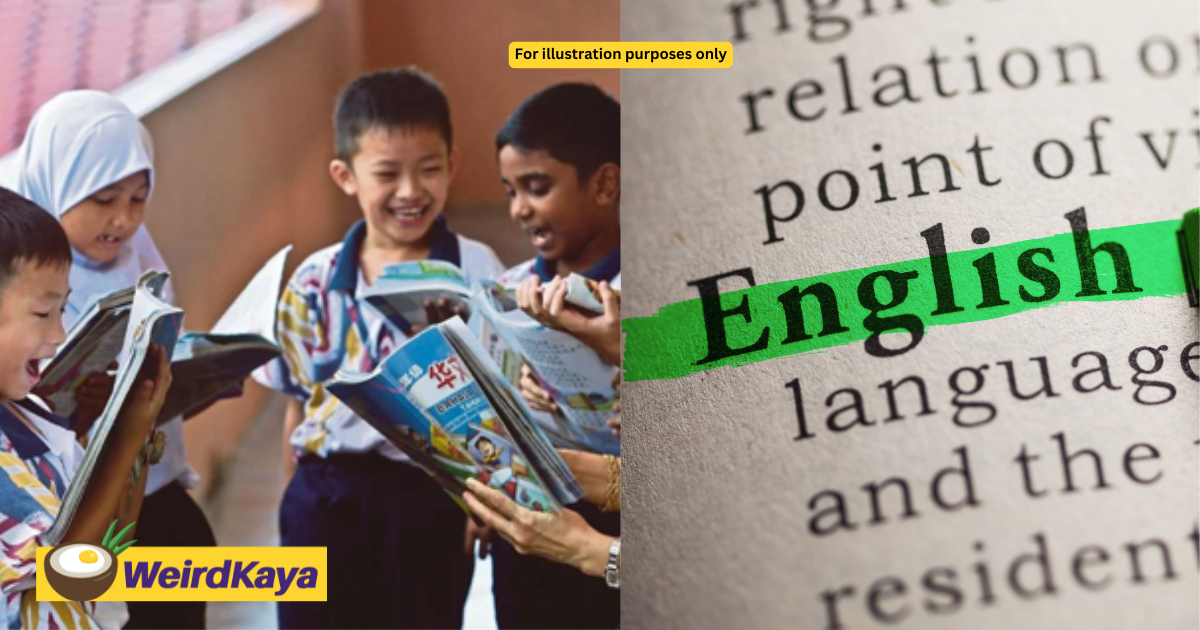Could the national language one day become a stranger in its own land?
That’s the growing fear as English continues to dominate urban classrooms and conversations among Malaysia’s youngest citizens.
Educators warn that while English proficiency opens global doors, the Malay language, long the heartbeat of national identity risks losing its grip on the next generation.
English dominance raises red flags

This concern isn’t just speculation. Associate Professor Dr. Azizah Zain, Senior Lecturer at the Early Childhood Education Department, Sultan Idris Education University (UPSI), said the trend of children speaking English as their main language must be taken seriously.
“English is important, no doubt,” she told Harian Metro.
But when it becomes the main language in daily communication, we must ask: is this threatening the status of Malay as the national language?”
Losing cultural identity along the way
For Dr. Azizah, this shift isn’t merely about language, it’s about identity.
She explained that Malay carries with it cultural values, traditional expressions, and moral lessons that children risk losing if they grow up more comfortable in English.
“Children who feel more comfortable speaking English might slowly lose the cultural nuances and moral values that are deeply rooted in the Malay language,” she said, stressing that the change could affect how future generations connect with their heritage.
Why language hierarchy matters

This is why, she argued, language hierarchy is so crucial in early childhood education.
While bilingualism offers cognitive benefits, Dr. Azizah believes Malay must be mastered first before English takes over.
“Malay, as the mother tongue and national language, should form a strong foundation before children move on to a second language like English,” she explained.
Without this balance, she warned, children may miss out on the ability to think deeply in Malay especially for concepts and ideas that resonate best in the mother tongue.
The double-edged sword of English fluency
Of course, Dr. Azizah acknowledged that English proficiency comes with undeniable advantages: global communication skills, wider job opportunities, and better access to information.
But she stressed that these benefits should never come at the cost of cultural and linguistic identity.
“Children who first master Malay before learning English will be more effective communicators compared to those who grow up with English as their main language,” she said.
A call to parents and schools
To address this, Dr. Azizah urged parents to introduce children to pantun, syair, and traditional folktales at home, ensuring they appreciate the richness of Malay culture from a young age.
“Teach children to think in Malay and show them the beauty of the language through our own literature and cultural heritage,” she advised.
Schools, she added, also play a critical role in reinforcing this foundation. Malay should remain the main language of instruction, while English is taught as a complementary subject rather than the default language of communication.



